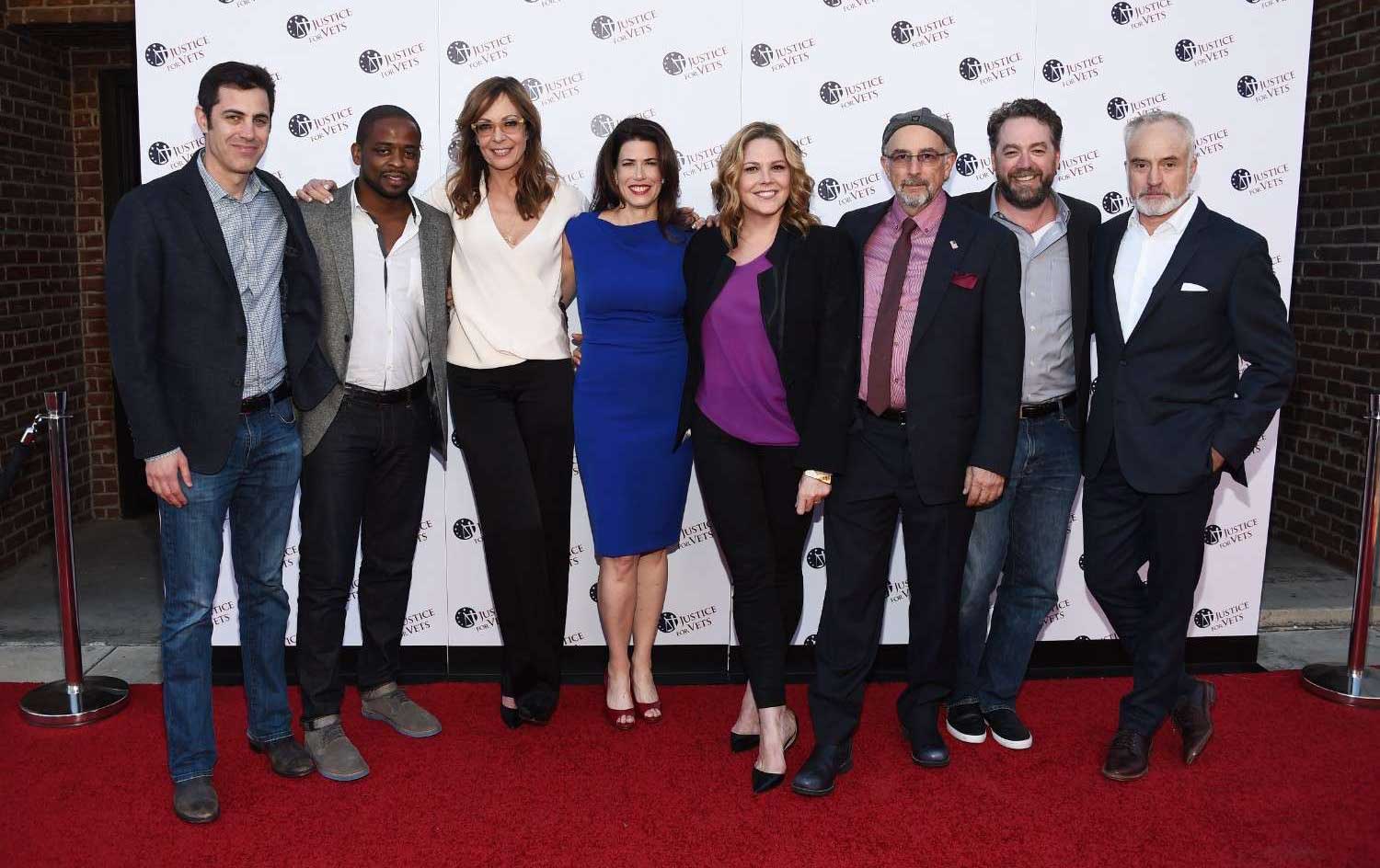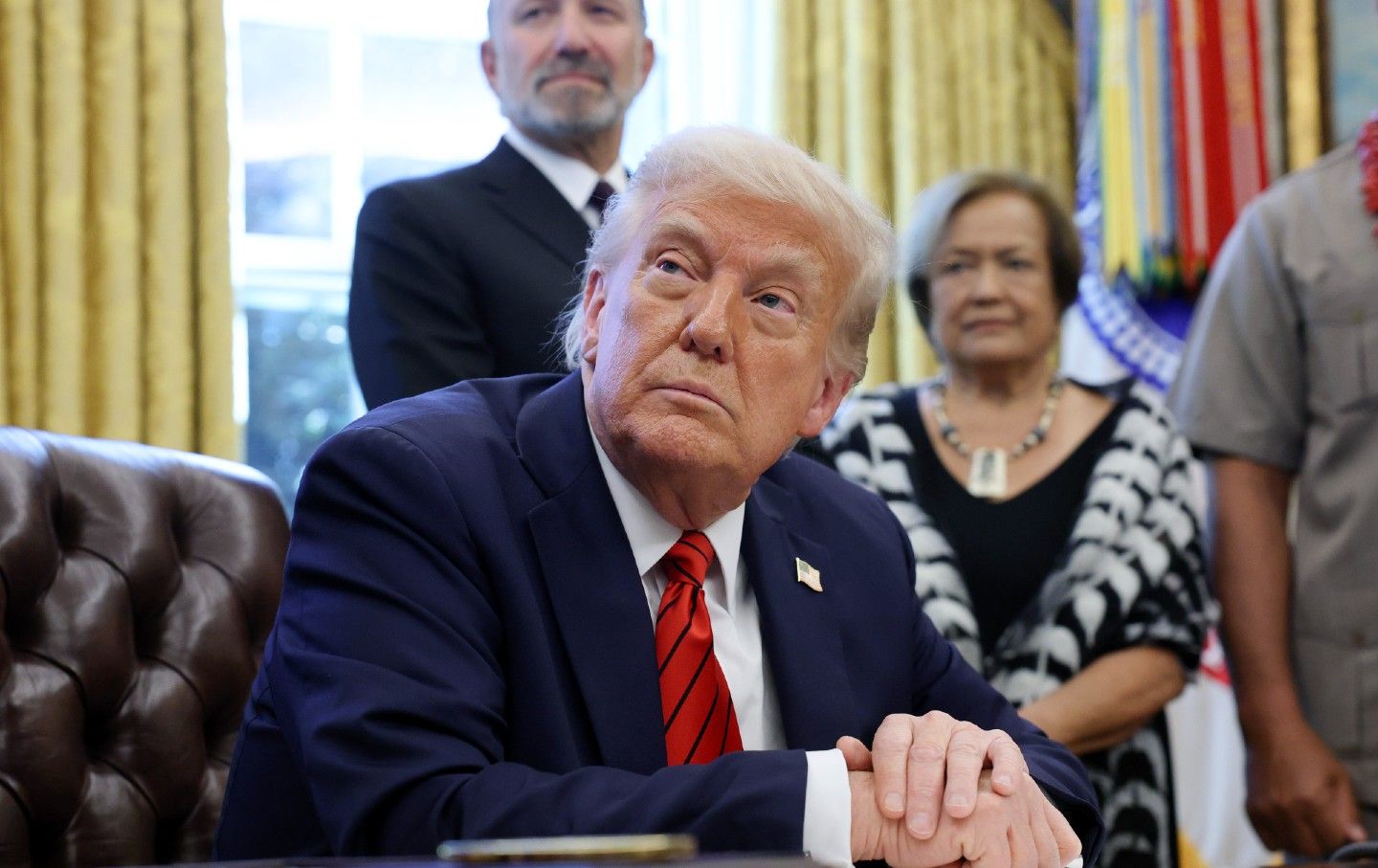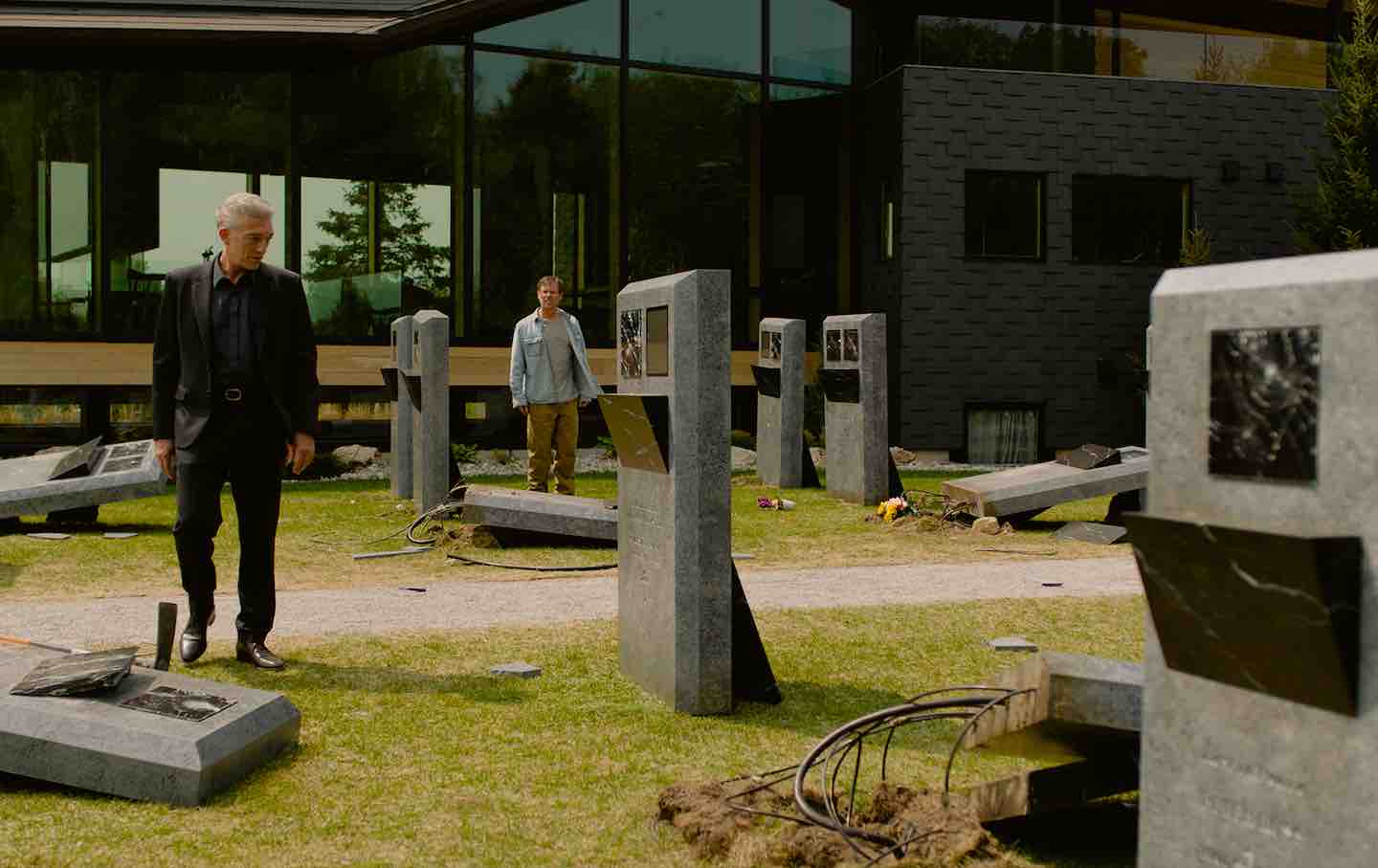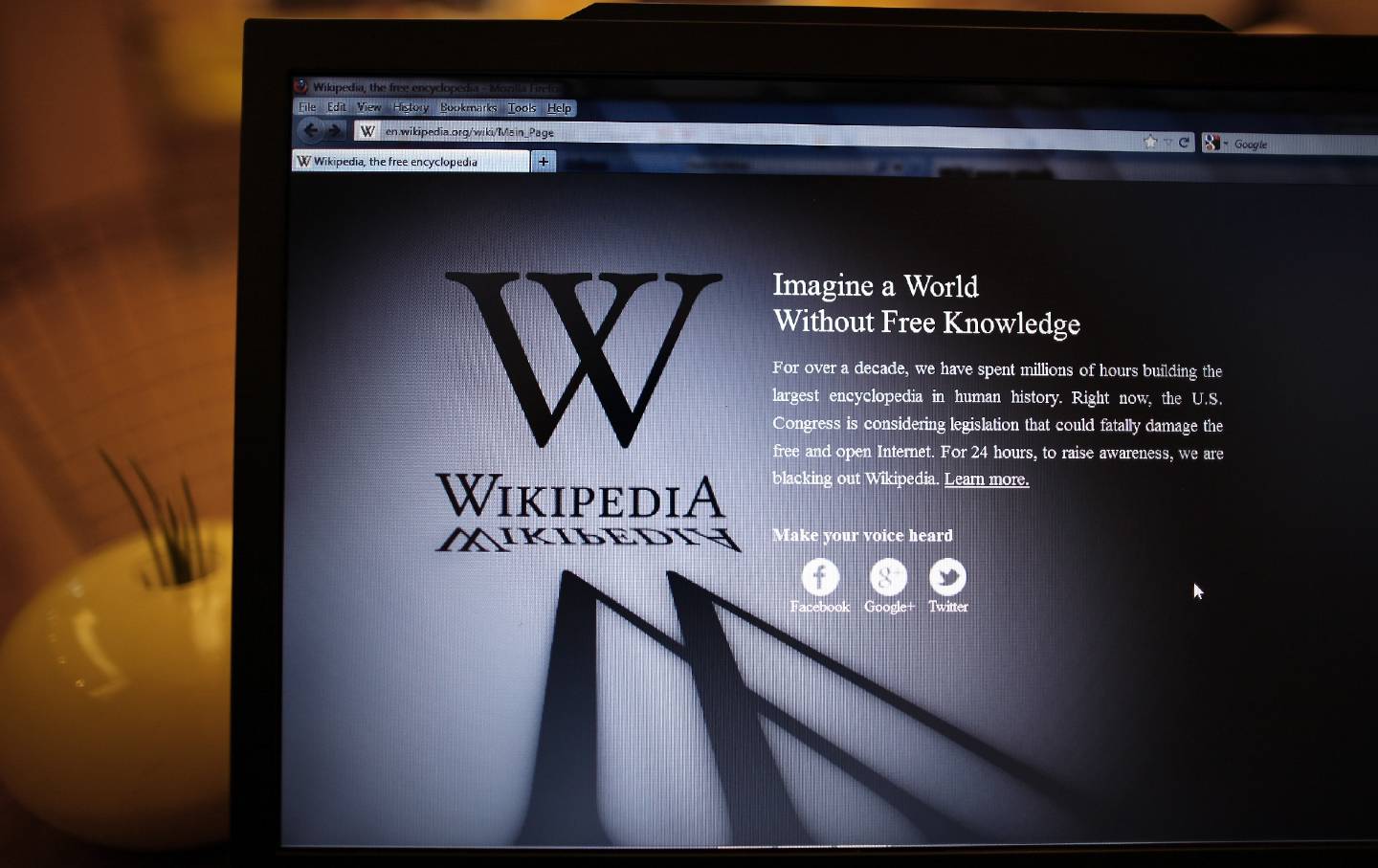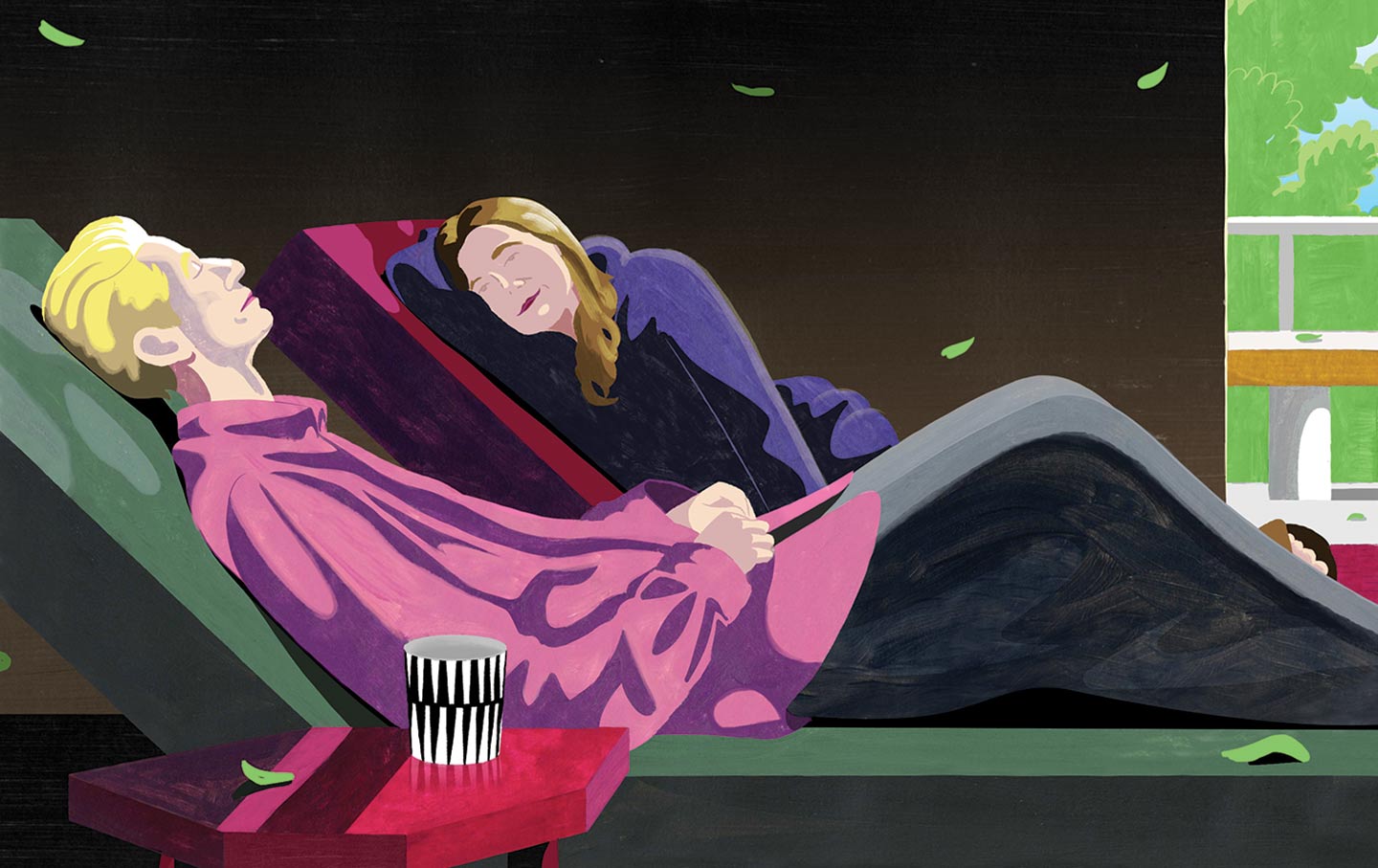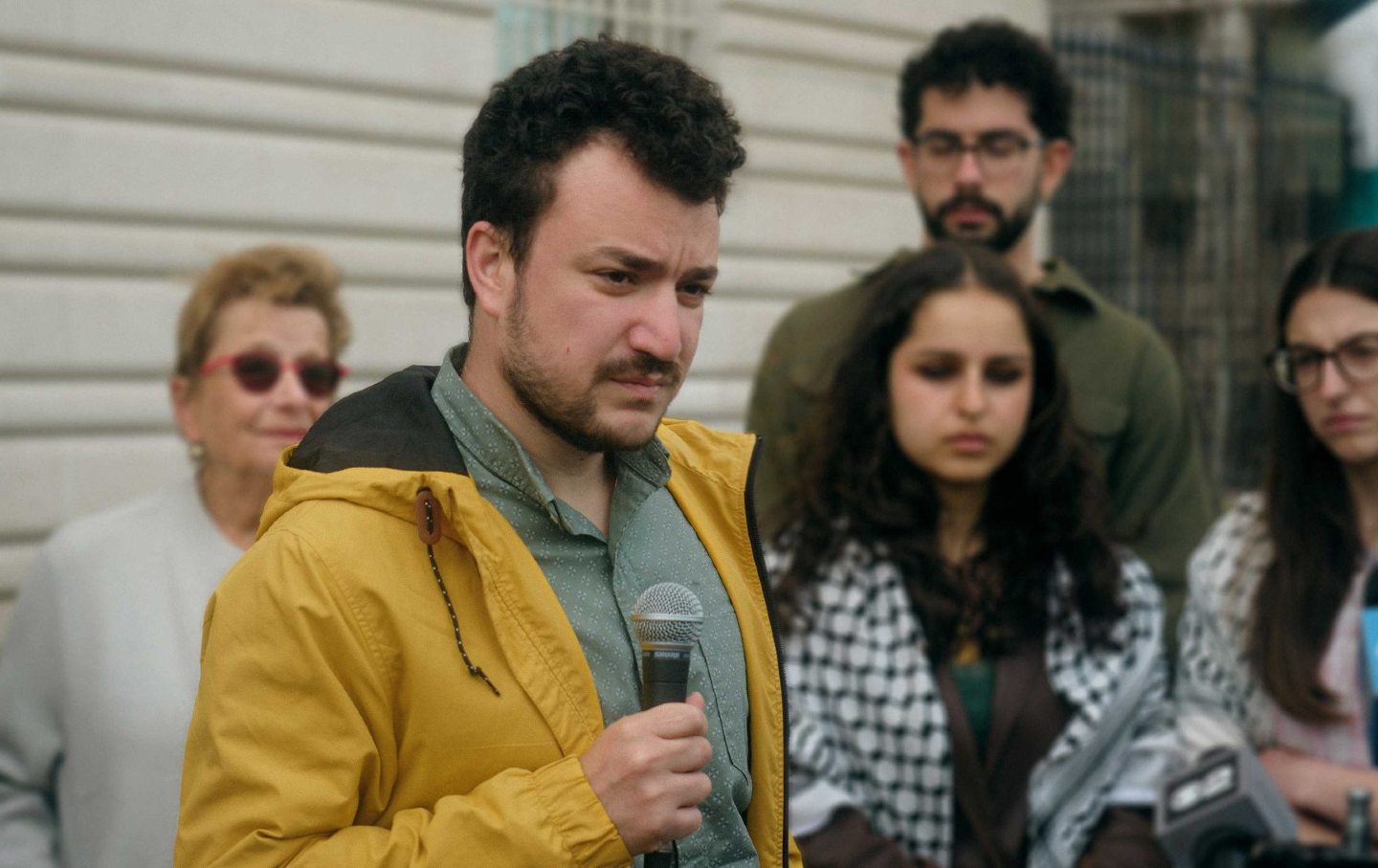Warning From the Past
In a new film, journalists confront a dictator.

Next year a wave of new films and documentaries will mark the 50th anniversary of the end of the American War in Vietnam. One of the feature films—Meeting with Pol Pot—is about me, a fictionalized version of my rare and dangerous 1978 reporting trip inside Cambodia while Pol Pot was in power, committing genocide.
It’s been turned into a haunting thriller: Rendezvous avec Pol Pot is the original French title. Until recently I feared the film would get lost in the mix of other Vietnam war films. Or purposely ignored, since the rise of the brutal Khmer Rouge is one of the most painful and disputed legacies of the American war.
But then Donald J. Trump was elected president. His campaign was a firehose of lies and “disinformation,” with promises of authoritarian rule, violent revenge against opponents and suppression of journalists who traffic in facts. The world leaders he admires are authoritarian and dictatorial: Russia’s Vladimir Putin, Hungary’s Viktor Orbán, North Korea’s Kim Jong Un, and Israel’s Benjamin Netanyahu.
Suddenly this historical film about journalists unknowingly risking their lives while trying to report from a dictatorial regime has a contemporary feel. And Meeting with Pol Pot is a rare journalist movie without a triumphant ending. Journalists don’t save the day or even each other.
This is the ninth film about the Cambodian genocide by Rithy Panh, the Franco-Cambodian director who is a survivor himself. Panh’s mission is to preserve the history and memory of his country’s descent into hell through compelling visual stories. Meeting with Pol Pot premiered at the Cannes Film Festival this year and is Panh’s second movie to be Cambodia’s official Academy Award nominee for best foreign feature film. (His Missing Picture was short-listed in 2013.)
Based loosely on my book When the War Was Over, this is the first film in which Panh has used foreign protagonists to tease out the utter terror that is a hallmark of dictatorships. Meeting with Pol Pot is true to the basic outline of the two-week trip that included me, of The Washington Post, Richard Dudman of the St. Louis Post Dispatch, and Malcolm Caldwell, a British academic. However, Panh reimagines us as a trio of French reporters. Dudman is a photographer and Caldwell an intellectual writer.
Panh turned my character into an older French but faithful version of myself. Renamed Lise and played by the renowned actress Irene Jacob, she is the linchpin of the drama, the only person on the trip who had lived in Cambodia during the war, as I had, and the first to see through the intense screen of propaganda and manipulation.
The film opens with the trio peering down from an airplane as it lands in Cambodia, a forbidding country that had isolated itself from the world for three years. They are the first journalists allowed in Pol Pot’s Cambodia. They have one impossible assignment: find out if the rumors are true. Is the Khmer Rouge committing genocide through hard labor, starvation, and murder?
From the first, they are given no freedom of movement. Everything they see, every person they interview, every site they visit is orchestrated and manipulated to present a picture of harmony, equality and prosperity. Attempts to break away are blocked by armed guards. Their guest houses are locked from outside; they are under the equivalent of house arrest.
The manipulation by their pleasant escort works. The journalists argue about what they see, as we did during our trip. They ask: were the labor cooperatives we visited Potemkin villages designed to hide the desperate conditions that Cambodians were said to be enduring? Or were these cooperatives the standard for the country, a humane if radical reordering of society for everyone’s benefit? My character is skeptical and fears the worse.
The question they don’t ask is what price they will pay if they do discover massive human rights violations.
In the film, Panh suggests the answer by showing what the Khmer Rouge is hiding from the reporters: the actual abject labor camps, the starving farmers, the capricious punishments and torture of Cambodians in everyday life.
As the journalists become more curious and demanding, the sense of danger increases. It reaches a crescendo on the last day when they interview the illusive Pol Pot, as we did. The denouement is gruesome. Assassins are sent to the journalists’ guest house where they murder the intellectual journalist. (In real life it was Caldwell, the British academic.)
In the last scene my character is frozen in grief as she accompanies the coffin of her murdered colleague to an airplane to return home. Exactly as it happened.
Not shown is the dueling articles Dudman and I published about Cambodia. I described the indirect evidence that led me to conclude the regime was guilty of mass human rights abuses. Dudman wrote that, on the contrary, he saw a population that was “clearly not being worked to death and starved to death.”
Popular
“swipe left below to view more authors”Swipe →The result: Our trip was deemed a fluke. We couldn’t agree on what we’d seen, and the murder of Caldwell was considered an abomination. In those days, journalists were rarely killed in war, much less by governments. During the entire 10-year American war in Vietnam, 61 journalists were killed.
So much has changed since then. Last year alone, 78 journalists were killed. The age of the authoritarian leader, or dictator, has spread around the globe. Trump won promising to ignore basic rights, threatening his political opponents, using the military to deport immigrants and calling journalists “the enemy of the people.” His party now controls Congress, the White House, and arguably the Supreme Court.
Journalists are readying their defenses against the inevitable Trump administrations attacks on mainstream media. This movie is one for the age of Trump.
Rithy Panh’s intimate and cautionary movie powerfully evokes what it was like for reporters taking great risks with scant rewards in a chaotic dictatorial regime. Cambodia in 1978 is not the United States in 2024, not at all. But that doesn’t erase questions journalists now face. In authoritarian countries, printing the truth is denounced as misinformation and as a threat to national security. What will be the penalties in the United States?
Hold the powerful to account by supporting The Nation
The chaos and cruelty of the Trump administration reaches new lows each week.
Trump’s catastrophic “Liberation Day” has wreaked havoc on the world economy and set up yet another constitutional crisis at home. Plainclothes officers continue to abduct university students off the streets. So-called “enemy aliens” are flown abroad to a mega prison against the orders of the courts. And Signalgate promises to be the first of many incompetence scandals that expose the brutal violence at the core of the American empire.
At a time when elite universities, powerful law firms, and influential media outlets are capitulating to Trump’s intimidation, The Nation is more determined than ever before to hold the powerful to account.
In just the last month, we’ve published reporting on how Trump outsources his mass deportation agenda to other countries, exposed the administration’s appeal to obscure laws to carry out its repressive agenda, and amplified the voices of brave student activists targeted by universities.
We also continue to tell the stories of those who fight back against Trump and Musk, whether on the streets in growing protest movements, in town halls across the country, or in critical state elections—like Wisconsin’s recent state Supreme Court race—that provide a model for resisting Trumpism and prove that Musk can’t buy our democracy.
This is the journalism that matters in 2025. But we can’t do this without you. As a reader-supported publication, we rely on the support of generous donors. Please, help make our essential independent journalism possible with a donation today.
In solidarity,
The Editors
The Nation

